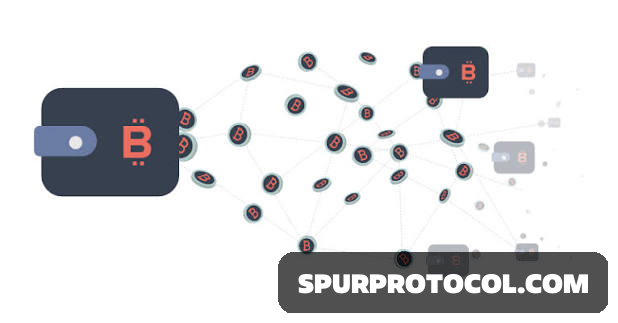Don't Get Dusted! Understanding The 'Dusting Attack'
In the world of cryptocurrency, security is paramount, but sometimes the most insidious threats are the smallest ones. Today, we're diving into a lesser-known but critical concept: the Dusting Attack.
Go Back
🕒 9:44 AM
📅 Nov 26, 2025
✍️ By k6924